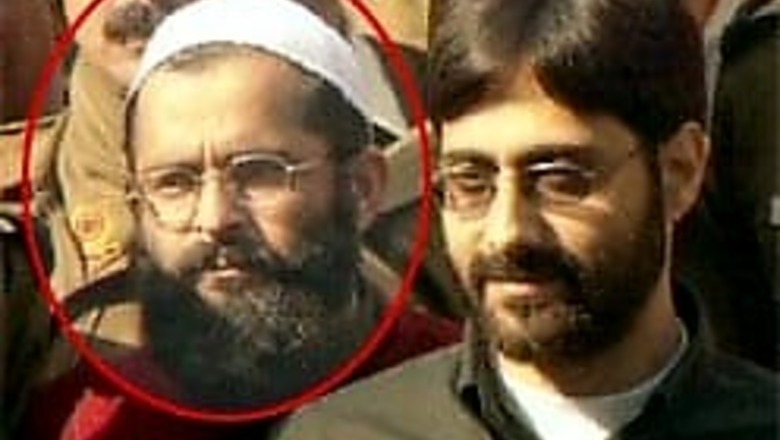
views
New Delhi: Will Mohammed Afzal, sentenced to die for the terror attack on Indian parliament, have his likely mercy petition upheld by President A P J Abdul Kalam? If the past is any guide, the answer may be no.
A Delhi court Tuesday fixed Oct 20 as the date of execution of the Jaish-e-Mohammed militant, who is interned at the Tihar Jail.
It will be interesting to see what Kalam does in the case, considering that he rejected the mercy petition of a man convicted of raping and murdering a teenage girl in West Bengal in August 2004.
Despite a massive public opinion campaign requesting him to commute the death penalty, Kalam rejected the petition of Dhananjay Chatterjee, who raped and killed a 14-year-old in 1990.
Home ministry officials say that the number of mercy petitions pending with the president from convicts on death row stands at 20. Many have been pending for years.
Of these, 12 were submitted when K.R. Narayanan was the president.
After the United Progressive Alliance government assumed office in May 2004, Kalam referred several of these petitions to the home ministry for a possible review of the previous government's decision.
The legal department of the ministry reiterated the advice tendered to him by the previous government: those cases did not deserve the president's mercy.
Some of the petitions before the president include those of Perarivalan, Murugan and Shanthan - sentenced to death in the Rajiv Gandhi assassination case. All three are lodged in a jail in Vellore in Tamil Nadu.
Following a plea by Congress president Sonia Gandhi, President K.R. Narayanan commuted the death sentence of Murugan's wife Nalini to life term.
In addition, a decision on the mercy petitions of four associates of the late sandalwood smuggler and bandit Veerappan is still awaited. They are interned in Belgaum jail.
Gnanprakasham, Simon, Meesekar Madaiah and Bilvendran were sentenced to undergo life imprisonment by the Mysore court over killing of 21 policemen in 1993.
But the government moved the Supreme Court, which in January 2004 awarded them death sentence. They earned a breather on the ground that their petition seeking clemency is still pending with the president.
Similarly, the fate of Sanjay, a resident of Bulandshahar in Uttar Pradesh, convicted for rape and murder of a four-year-old in 2004, is unknown because his mercy petition is with the president.
Several other mercy petitions of those convicted for caste-and-gang-related killings in Bihar are still in limbo although many have spent 14 years in jail - the maximum sentence for a life term.
According to the constitution, the president can return a recommendation to the cabinet for reconsideration only once. If the cabinet sends the recommendation back, the president is bound to act on that advice.
However, legal experts point out that the president, under article 72 (1)(c) of the constitution, has the power to grant pardons, reprieves, respites or remissions of punishment, or to suspend, remit or commute the sentence of any person convicted of any offence in all cases where the law provides for a death sentence.

















Comments
0 comment